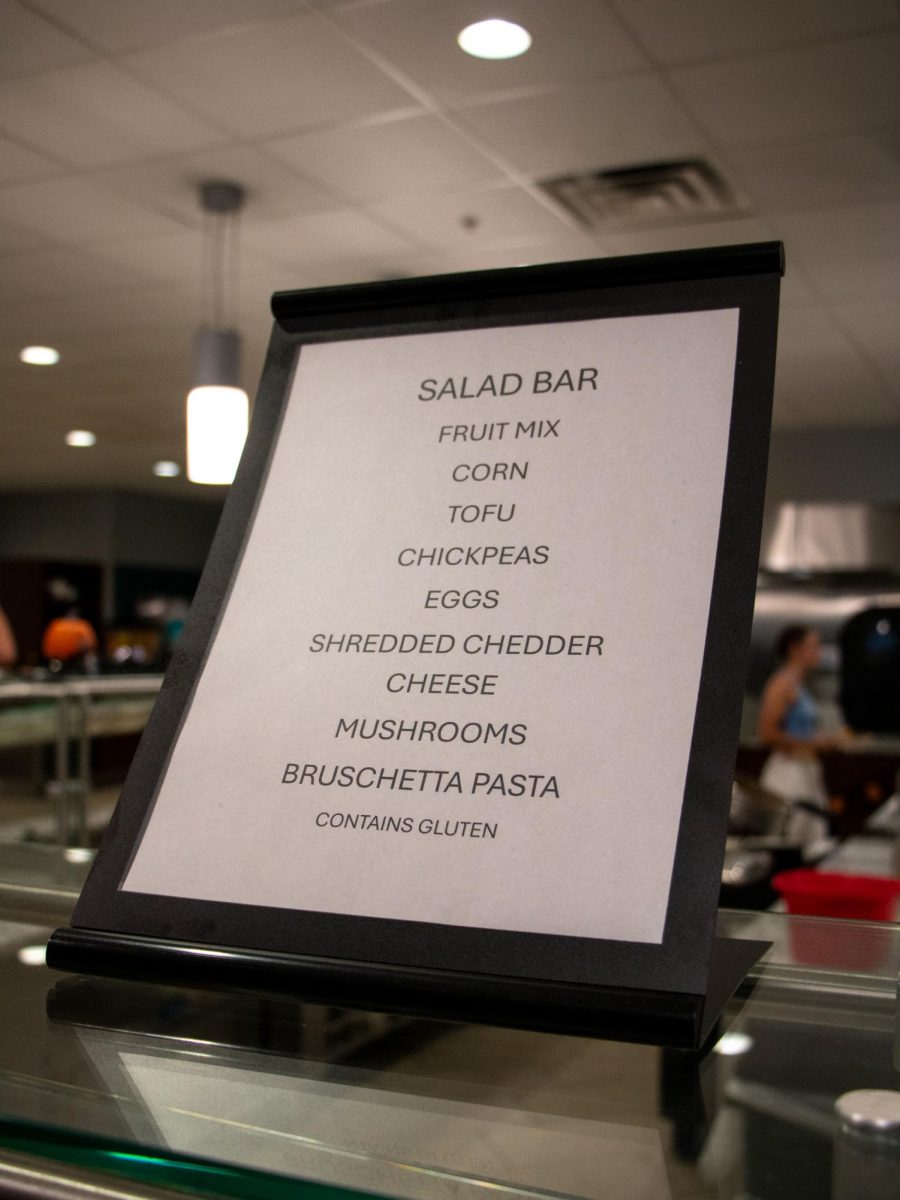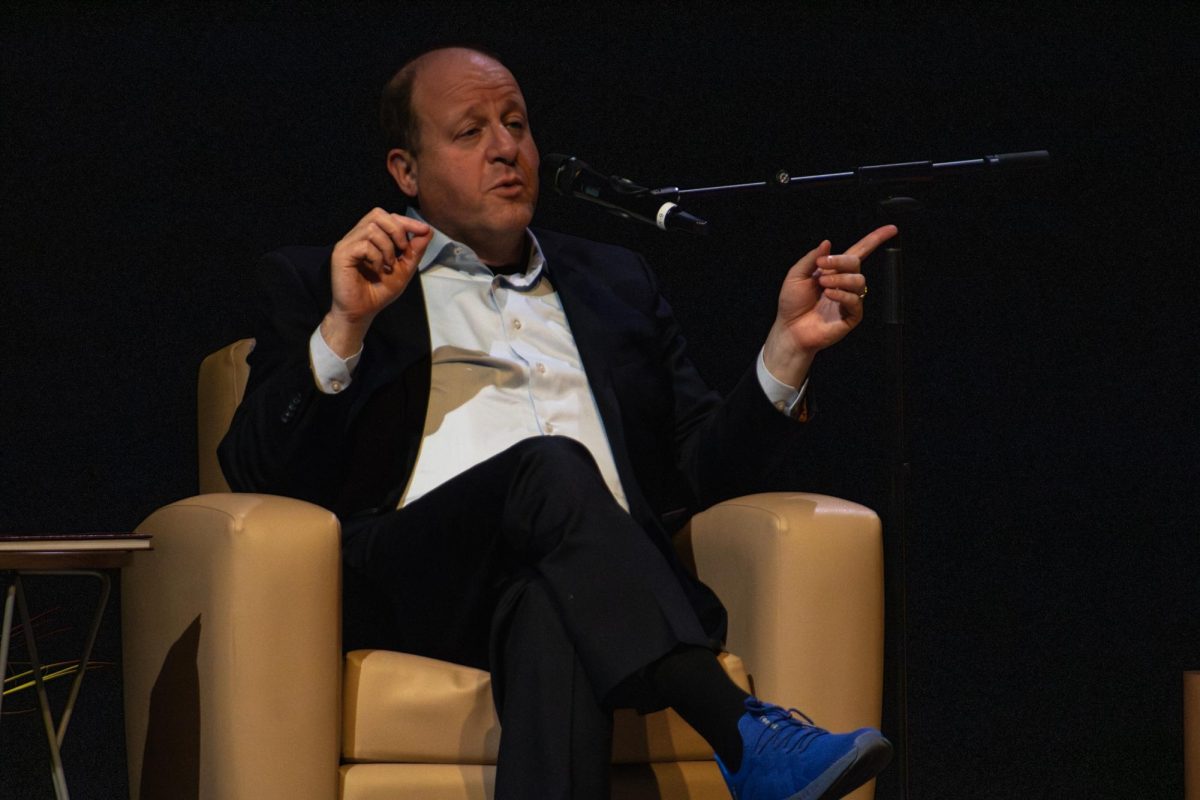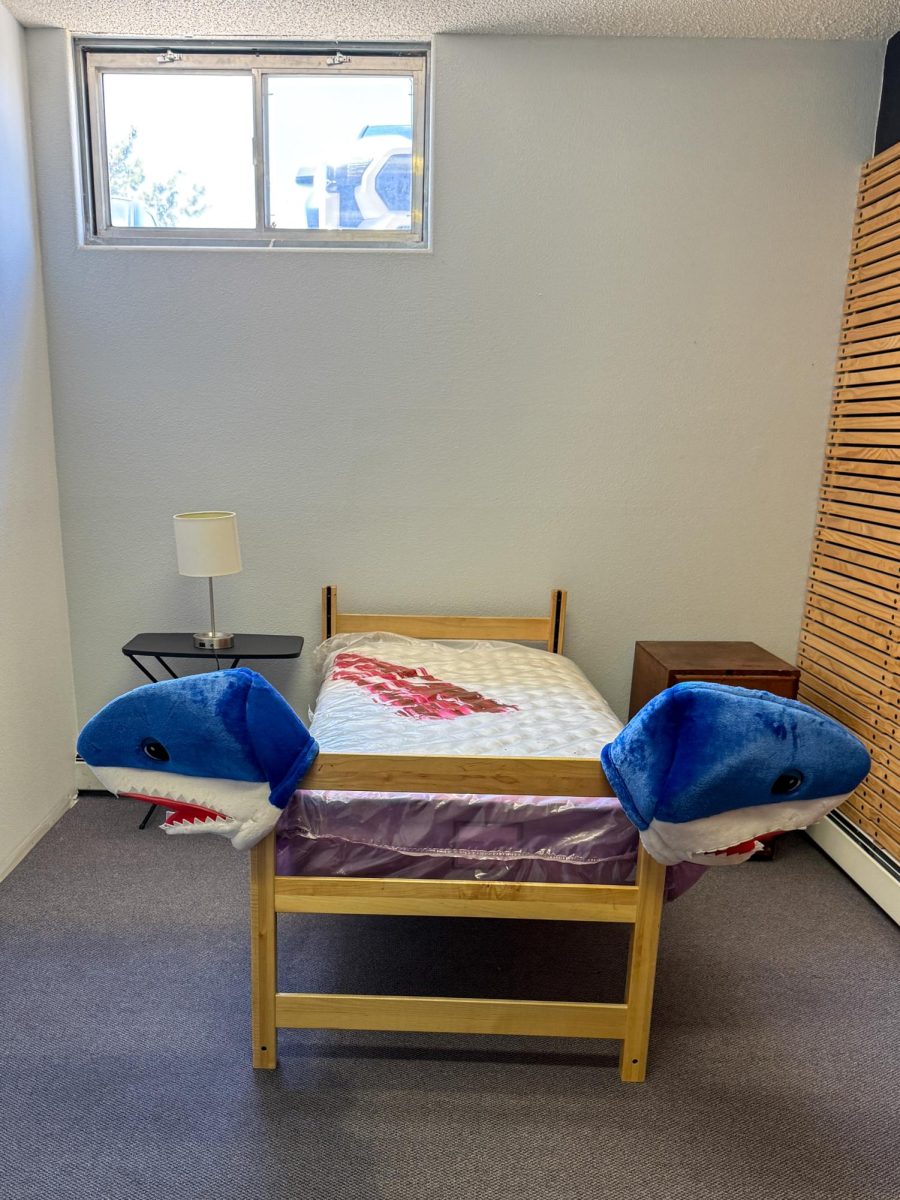The coronavirus pandemic has altered the lives of people around the globe. With countries closing borders and restricting travel to combat the spread of the virus, international students at Colorado Mesa University (CMU) have had to adapt.
When CMU made the decision to switch to online classes for the remainder of the 2020 spring semester in March, some international students were able to make it back to their home countries.
Barbara Boba and Aleksandra Jachymiak were two of those students. Originally from Poland, Boba and Jachymiak were studying abroad in the United States.
“I think me and Alex took off on the last moment we could – the governmental flights, which were the only way to enter Poland, are now also suspended,” Boba said.
Marta Gonzalez, a student from Spain studying abroad at CMU, was also able to return home before travel was restricted.
“It was my choice to come back to Spain. My decision was either to stay on campus or come back here [Spain] . . . obviously my family was really scared and they didn’t want me to stay in the U.S. alone because if something happened to me I was completely alone,” Gonzalez said.
With a death toll that surpassed 20,000, Spain is among the hardest hit countries in the world. The United States is the current epicenter of the pandemic, with upwards of 45,000 deaths, more than any other country at the moment.
“Americans just don’t understand what’s going on. When I say to my friends back in the U.S., we cannot go anywhere, we cannot leave our houses, they do not understand [. . .] we cannot leave our homes unless we are going to the supermarket, gas station, or hospitals,” Gonzalez said. “We are so afraid of the economic crisis that is to come.”
Other international students were not able to return home, as some countries closed their borders early as a preventive measure against the coronavirus. Jabari Anthony, an international student and soccer player at CMU is from Trinidad and Tobago, a country in the Caribbean. Anthony refers to himself as a “pandemic refugee.”
“I am stranded in America because the borders back home have been closed for a couple weeks now and I don’t know when it will be reopened,” Anthony said.
With no information coming from the government of Trinidad and Tobago, Anthony is unsure as to when he’ll be able to re-enter his home country.
With students like Anthony being displaced and other international students having to go home for the last half of their semester abroad, CMU’s international program faces an uncertain future.
“International students admitted for the fall semester are facing uncertainty surrounding securing a visa appointment and interview, especially with many consulates currently closed. For those that are able to successfully obtain a visa, there are still concerns in regard to travel restrictions and the threat of the virus discouraging students from leaving their home country,” said Annie Gingerich, Director of International Student Admissions and Programs at CMU.
According to Gingerich, the current number of students planning to study abroad and the number of international students planning to attend Colorado Mesa University this fall is on track with previous years. She did mention that amid the COVID-19 pandemic, “it’s difficult to imagine that international exchange in both directions will remain unaffected.”
Study abroad programs at CMU are moving forward as usual until further notice.
“There are 27 CMU students planning to study abroad this summer, fall or full year. CMU, along with our study abroad provider, is moving ahead with summer and fall programs as planned, though there have been a few summer program cancelations in different areas of the world,” Gingerich said.
However, as some universities around the country are weighing the possibility of an online fall semester, the status of studying abroad is still in question.
“With all the unknowns surrounding the COVID-19 pandemic both in the U.S. and abroad, the International Programs Office has prioritized staying up-to-date on the situation, working closely with our study abroad provider, and communicating more frequently with students and families on a one-on-one basis to address questions and concerns,” Gingerich said.









